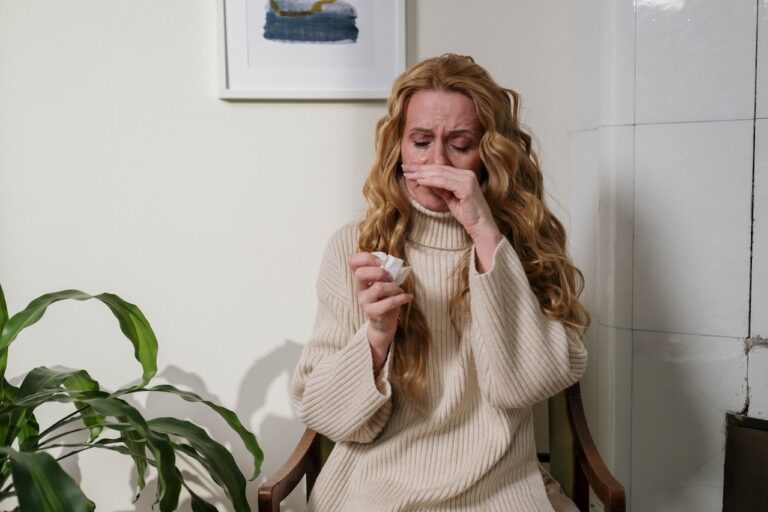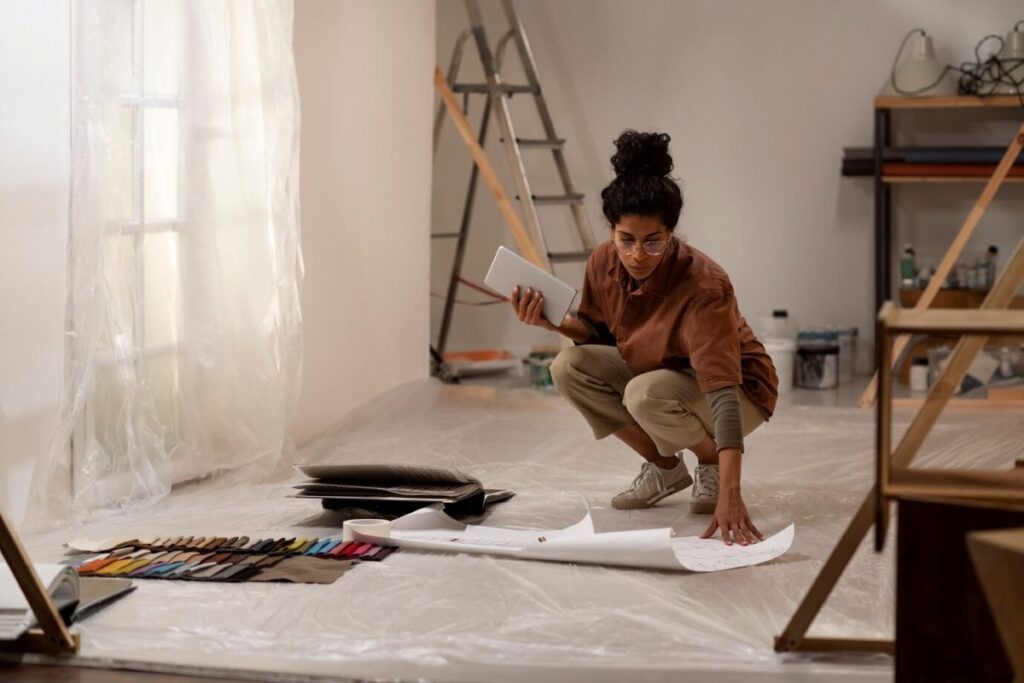Back when school wasn’t taught online, taking a sick day meant staying home in your pajamas, curling up on the living room couch, and watching cartoons on cable. Kids would eat soup and drink ginger ale to settle their stomachs and try not to laugh too loudly at the TV show lest they hear the old parental warning: “If you’re well enough to laugh, then you’re well enough to go to school!”
The great irony, as it turns out, is that laughing may very well make you well enough to go to school. The act of laughing activates all kinds of muscles and responses in our bodies and brains that translate into a positive physical and mental effect that we can actually feel — and that makes us feel better.
Laughter has been formally studied in the context of health since the 1980s when the “father of laughter therapy,” Norman Cousins, discovered his chronic pain subsided when TV shows made him laugh. Thanks to Cousins and many studies since, there is a wealth of scholarship on the positive physical and mental effects of laughter.
Laughter has been found to decrease stress-making hormones in the blood and increase dopamine, serotonin, and endorphin activity. This naturally reduces the feelings of pain and stress. Laughter also lowers blood pressure, raises blood sugar, and multiples white blood cells, which strengthens the immune system.
It is widely accepted that laughter strengthens our relationships, but it also strengthens our bodies by exercising select muscles. It also causes us to feel less tension, anxiety, anger, and other negative emotions while improving our memories, creativity, problem-solving cognition, breathing, blood circulation, and overall mood.
Laughter therapy is based on the understanding that mental and physical health are not just dependent on bodily treatment but possible after psychological changes to the brain are made. It is used today to improve immunity, relationships, symptoms of depression and stress, and overall quality of life. Surprisingly, laughter therapy can create positive effects even when repeated fake laughter is used to generate real laughter. This is also the theory behind laughter yoga, a combination of yoga-like exercise, laughter therapy, and group play that culminates in feelings of happiness and a release from anxiety and stress. Though the exercises may not be strictly yoga, yogic principles of breathing and concentrating on being in your body (instead of in your head), focusing on getting oxygen to your muscles and expelling daily tensions, helps in the overall goal of mood improvement.
The general idea behind laughter as a remedy is that making someone happy never hurts. Laughter is an inexpensive, non-invasive, instant treatment for many modern ailments. Whether it’s a big-time movie star dressing up as a superhero and visiting children’s hospitals, or watching comedy TV from your couch, laughter is a form of therapy we can safely and freely indulge in, and even give generously to each other.
Selina Barker | Contributing Writer










